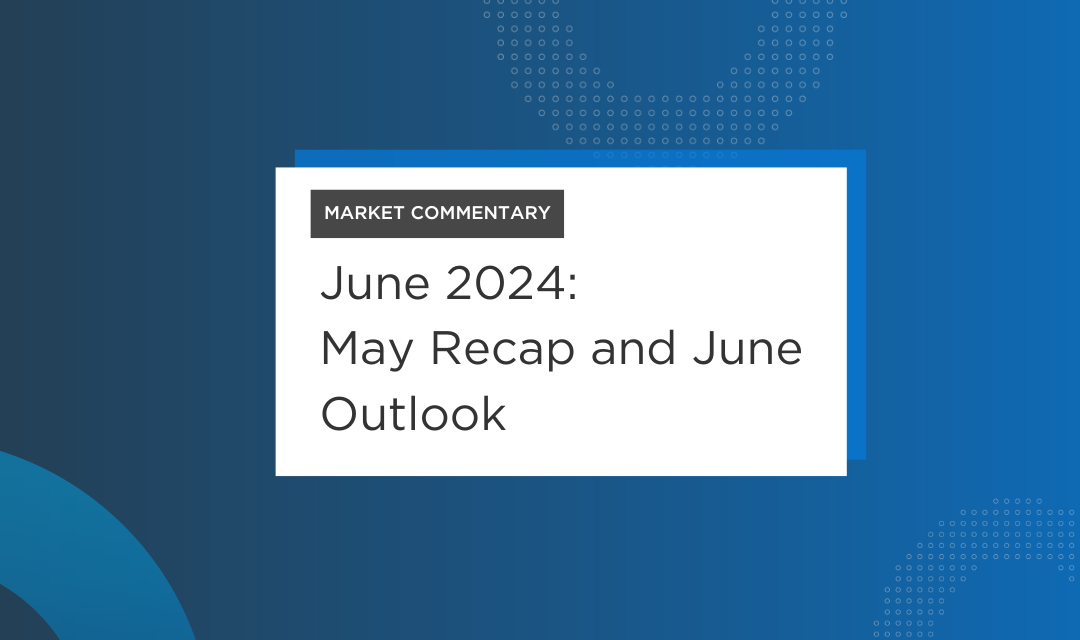Money plays a vital role in our lives, affecting our choices, goals, and overall well-being. But have you ever wondered why people make certain financial decisions, even when it might not be in their best interest? The answer lies in the fascinating field of behavioral finance. By understanding the psychology behind money, we can gain insights into our behaviors to make more informed financial decisions. In this blog post, we’ll explore the key behavioral factors influencing our financial choices and provide practical tips to help you navigate them. So, let’s dive in!
Understanding Behavioral Finance
Behavioral finance combines psychology and economics to explain how individuals make financial decisions. Traditional economics assumes that people are rational and always act in their best interest. However, behavioral finance recognizes that our decisions are often driven by a range of other factors. A person’s cognitive biases, emotions, and social influences all impact their financial choices.
These other factors can cause serious monetary problems because they’re difficult to address. Cognitive biases distort our worldview and can make rational decisions impossible. Emotions and social pressures influence us on a subtle, sometimes subconscious level. Let’s explore some key concepts to comprehend the impact of behavioral factors on financial decision-making.
Loss Aversion
Humans tend to feel the pain of losses more intensely than the pleasure of gains. We don’t want to lose what we have, especially if it represents an investment. This bias can lead to irrational decisions, such as holding onto losing investments for too long or avoiding necessary risks.
No one wants to sell at a loss. Sometimes people hang onto sinking investments in the hopes that they’ll go back up. However, this is an emotional reaction. There’s no guarantee that the investment will regain its original value. It’s better to sell at a minor loss than to hold onto an investment until it’s worthless.
Similarly, loss aversion can make it hard to take a long-term view of your portfolio. Some investments deliver dramatic appreciation, but only after decades. Many people feel like their money is tied up in these investments in the meantime. Loss aversion makes it hard to be patient when it seems like money is lost. This mindset can make it challenging to maintain a portfolio over time.
Anchoring
Our decisions are often influenced by the first piece of information we receive. For example, if we see a stock initially priced at $100, we might perceive it as a bargain when it drops to $80, even if it isn’t fundamentally undervalued. This phenomenon can lead us to place a higher value on resources than they deserve—and then act with this false assumption in mind.
Confirmation Bias
People have a natural tendency to seek information that confirms their pre-existing beliefs and ignore conflicting evidence. It feels good to be right. We’re happy to find an article that supports our decisions, and we often gloss over research that contradicts what we believe.
Confirmation bias is hard to overcome because it reinforces our worldview. People lean into confirmation bias even when it means believing things that aren’t true. This bias can prevent us from making well-rounded financial decisions. It’s tricky to fight, but you can take steps to challenge your assumptions. Seek out information from a variety of different sources, including outlets that take a different financial philosophy from your own. You may find their coverage frustrating, but it will strengthen your critical thinking when it comes to finance.
Herd Mentality
People often follow the crowd, assuming that the majority must be right. However, following trends isn’t always a good idea. This can lead to irrational exuberance during market booms or panic selling during market downturns.
Focusing on what’s popular in the present can distract you from your long-term goals and plans. Trendy investment ideas aren’t a good fit for every portfolio. A currently popular strategy may offer more risks or lower results than you need at the time. Following such trends can derail your lifelong goals, even if they do offer short-term benefits.
However, like any trend, popular investment schemes can feel exciting. You may feel like you’re missing something by skipping the current hot idea. Try limiting your news coverage on the topic if you struggle with this emotional response.
Recognizing and Overcoming Behavioral Biases
Now that we understand some common behavioral biases, let’s explore strategies to help us overcome them and make better financial choices.
Raise Self-Awareness
Recognize your own biases and emotional triggers. Take a step back and objectively evaluate the reasoning behind your decisions. As we’ve already discussed, it can be challenging to uncover these biases and triggers. Give yourself time for self-reflection before major decisions. It may help to make a list of pros and cons. You can also discuss the options with a trusted partner or advisor before committing.
Set Clear Goals
Define your financial goals and prioritize them. What is important to you? Consider both short-term and long-term goals. Visualize the financial situation you want to achieve in one year, five years, 10, 20, and so on. Include smaller goals alongside the larger milestones. Your financial plan should cover everything important to you. Make sure your goals are meaningful dreams that you’re driven to achieve. This clarity will help you resist impulsive decisions that deviate from your long-term objectives.
Create a Budget and Stick to It
Establishing a budget provides a framework for managing your expenses and saving for the future. Regularly track your spending to ensure you’re aligning with your financial goals. You can use a smartphone app to manage your budget. You can also use time-tested tools like a spreadsheet or even a physical journal to track your spending.
It’s not unusual to discover that your actual spending patterns are very different from your budgeted ideal. If you find this is the case, keep the behavioral finance factors in mind. Don’t get trapped in a biased emotional response. You’ve just received a piece of valuable data you can leverage to improve your finances. Keep working on your budget and your spending until they both align with your goals.
Automate Savings and Investments
Automation is a powerful tool that can streamline your life. Set up automatic transfers to a separate savings or investment account. Any modern financial organization should allow you to schedule automatic, recurring transfers between accounts. Simply establish these transfers to build your savings and investments without any effort on your part. You’ll consistently save without the temptation to spend that money.
Practice Delayed Gratification
Sometimes anticipation makes a reward even better. Avoid impulsive purchases by giving yourself time to consider whether a purchase aligns with your goals and values. Impulse buying is often fun at the moment, but that doesn’t make it a reasonable decision. Spur-of-the-moment shopping takes money out of your planned budget, which hurts you in the long run.
Be especially cautious of anchoring as it relates to impulse shopping. It’s easy to see an unplanned purchase as a good deal because the item is marked down. It’s better to stick with your budget and save for the item over time, even if it costs more when you do buy it. You can always save items on a wish list and reconsider them in the future.
Diversify Your Investments
Spread your investments across different asset classes to reduce the impact of market volatility. Diversification helps counteract emotional decision-making based on short-term market movements. It can also reduce loss aversion when one type of asset fluctuates.
You can explore a wide range of assets for diversification. Stocks, bonds, index funds, and other market-based assets are a standard base for building an investment portfolio. However, those aren’t the only options. You can also consider investing in real estate or business ventures. Some people enjoy collecting physical items like art, antiques, jewelry, or precious metals that appreciate over time. Follow your interests, because a diverse portfolio is a secure portfolio.
Seek Professional Advice
Consulting with a financial advisor can provide an objective perspective and help you make informed decisions based on your unique circumstances. Your financial goals are deeply personal. You deserve an individual, custom plan for reaching these goals. A financial advisor is a valuable source of professional expertise to guide you along the way.
As with many other professions, there are lots of benefits to working with a professional financial advisor. A pro has years of experience and knows proven strategies for building your portfolio.
Equally important, however, is your advisor’s unbiased approach to your portfolio. An advisor doesn’t have the same emotional attachment to your finances as you do, so they can avoid gut-driven decisions that you might make. They are also trained and educated in the field so they’re not susceptible to herd mentality or confirmation bias. Working with a financial advisor is a wise way to help your investments grow.
Understanding What Drives Decisions
Understanding the psychology behind financial decision-making is crucial for improving our overall financial well-being. By recognizing and addressing behavioral biases, we can make more rational and informed choices. Remember, it’s normal to experience emotional responses to money, but by implementing the strategies outlined above, we can mitigate the impact of these biases and work toward achieving our financial goals. So, take control of your financial future by understanding the psychology of money and making decisions that align with your long-term goals.
TCG is ready to help you navigate the financial planning and investment management process. Our experienced professionals will craft a sophisticated financial plan that reduces bias, emotional decision-making, and stress. Click below to schedule a meeting and learn more about our services today.
SOURCES
https://www.investopedia.com/terms/b/behavioralfinance.asp
https://financeveer.medium.com/the-psychology-of-money-how-our-behavior-affects-our-finances-dd3f8278873d
DISCLOSURES
Investment advisory services offered through TCG Advisors, an SEC registered investment advisor. Insurance Services offered through HUB International. Tax services offered through RPW Solutions. Although the information in this blog has been compiled from data considered to be reliable, the information is unaudited and is not independently verified.
Tax services offered through RPW Solutions. TCG Advisors does not provide tax, legal or accounting advice. This presentation was prepared for information purposes only, and is not intended to provide, and should not be relied on for, tax, legal or accounting advice. You should consult your own tax, legal and accounting advisor before engaging in any transaction.
This website is not authorized for use as an offer of sale or a solicitation of an offer to purchase investments. This website is for informational purposes only and does not constitute an offer to sell, a solicitation to buy, or a recommendation for any security, or as an offer to provide advisory or other services in any jurisdiction in which such offer, solicitation, purchase or sale would be unlawful under the securities laws of such jurisdiction. TCG.130.2023


